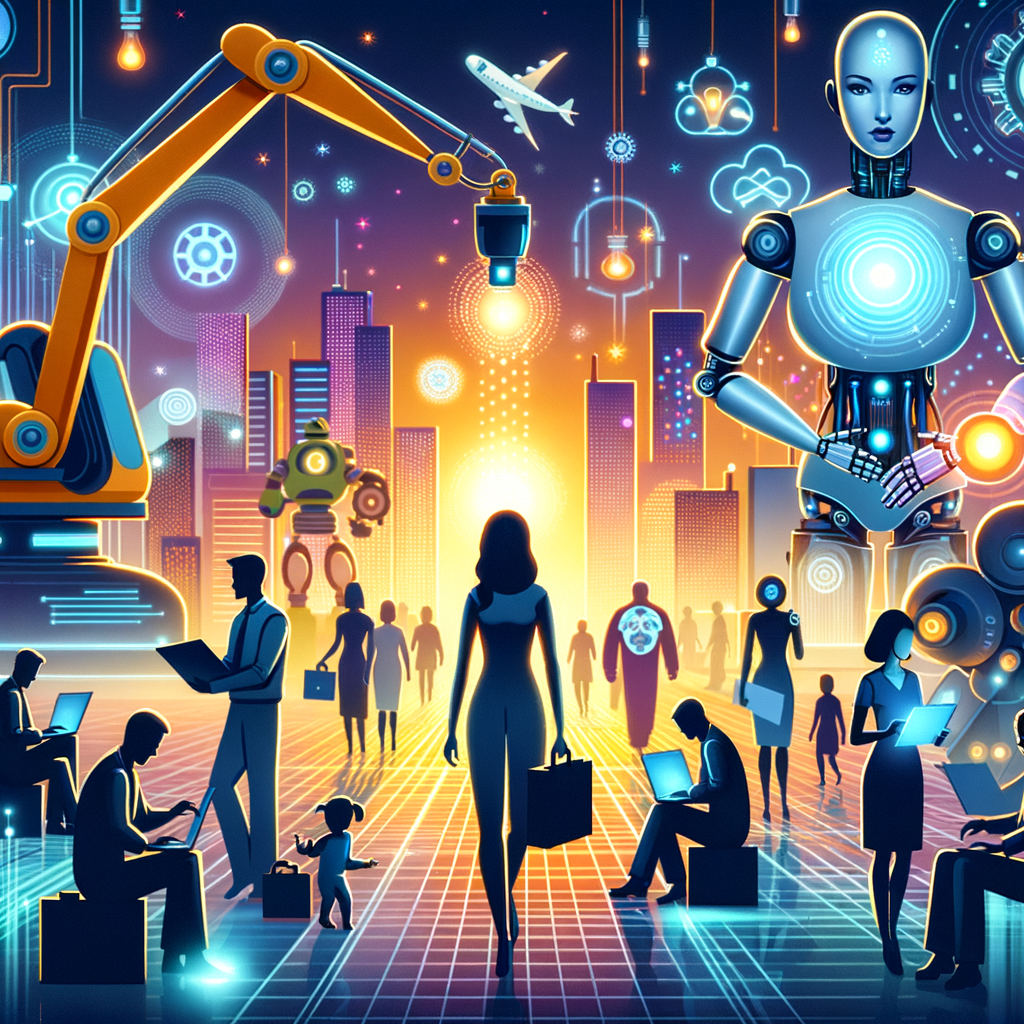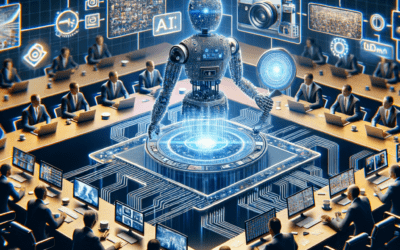Paul’s Perspective:
Understanding the impact of automation is crucial for planning future workforce strategies. This article underscores the importance of preparing for shifts in the job market by fostering skills development and adaptability among employees, which is essential for keeping up with technological advancements.
Key Points in Article:
- By 2030, up to 30% of the hours worked globally could be automated.
- Transition to high-skill jobs is essential as low-skill jobs decrease.
- Industries like healthcare and energy are expected to see a significant growth in employment.
- Investment in continuous learning and skill development for employees is critical for adapting.
Strategic Actions:
- Identify the roles within your organization most affected by automation.
- Develop a strategic plan for workforce transition and skill development.
- Invest in training programs focused on high-demand skills.
- Explore opportunities in emerging sectors for business expansion.
- Implement technology solutions that complement human workers.
Dive deeper > Full Story:
The Bottom Line:
- Automation is set to change the job landscape, affecting skills and wages across various sectors.
- This shift necessitates businesses and workers to adapt by acquiring new skills and embracing new opportunities.
Ready to Explore More?
If navigating the complexities of implementing automation and workforce transformation seems daunting, our experienced team is here to help guide and support your business through it.





